Grow herbs in and out to enjoy fresh, flavorful ingredients at your fingertips all year long. Whether you have a sunny kitchen windowsill or a backyard garden bed, cultivating culinary herbs is a simple and satisfying way to enhance your meals and your mood. From aromatic basil to hardy rosemary, growing your own herbs brings a joyful touch of nature into your daily life—no green thumb required!
🌿 Why Grow Culinary Herbs at Home?
- Freshness on demand: Snip just what you need while cooking.
- Cost-effective: Fresh herbs from the store can be expensive and often go bad quickly.
- Pesticide-free: Control what goes into your food.
- Satisfying & sustainable: Great for eco-conscious cooks.
🌞 Choosing the Right Location
Indoors
- Light: Herbs need 6–8 hours of sunlight. Place them on a south-facing windowsill or use grow lights.
- Temperature: Maintain 60–75°F (15–24°C).
- Airflow: Ensure good ventilation but avoid drafts.
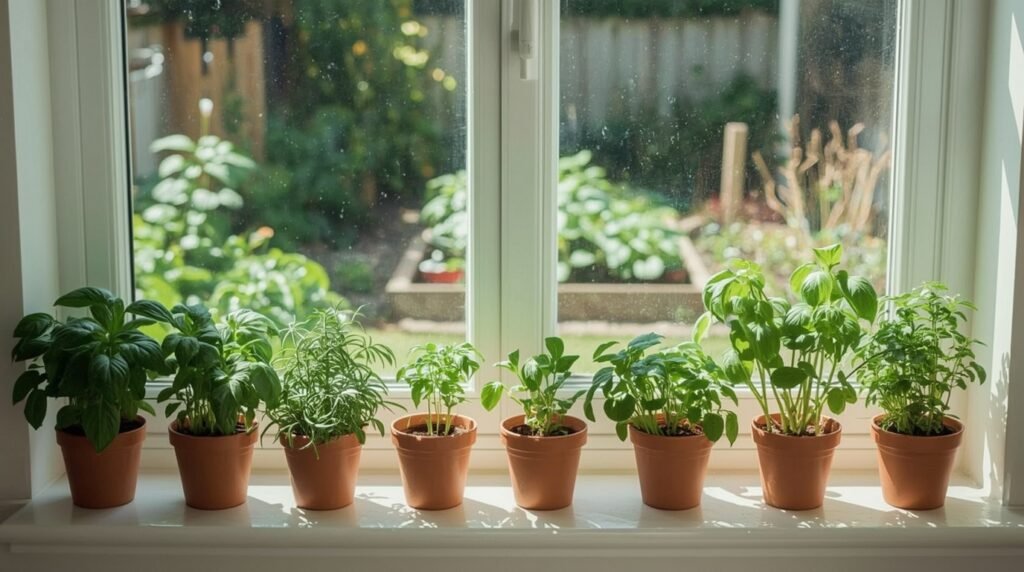
Outdoors
- Sun: Choose a sunny spot that receives full sun most of the day.
- Soil: Well-draining, fertile soil is ideal.
- Protection: Use raised beds or containers in colder climates.
🌱 Best Culinary Grow Herbs In and Out
| Herb | Grows Indoors | Grows Outdoors | Notes |
|---|---|---|---|
| Basil | ✅ | ✅ | Needs warmth and regular pinching |
| Parsley | ✅ | ✅ | Slow to germinate but easy after |
| Mint | ✅ | ✅ | Grows aggressively—use a pot |
| Thyme | ✅ | ✅ | Low-maintenance and drought-tolerant |
| Rosemary | ✅ | ✅ | Needs strong light, minimal water |
| Oregano | ✅ | ✅ | Great for pizzas and sauces |
| Chives | ✅ | ✅ | Quick to grow and easy to harvest |
| Cilantro | ✅ | ✅ | Bolts quickly in heat—succession plant |
🛠️ Growing Herbs Indoors: Step-by-Step
- Choose the Right Containers
Use pots with drainage holes. Clay pots work well for herbs like rosemary and thyme. - Use Quality Potting Mix
A light, well-draining organic potting mix works best. - Light is Key
Use LED grow lights if you don’t have enough natural light. Aim for 12–16 hours/day if supplementing. - Water Smart
Let the top inch of soil dry out before watering. Overwatering is a common mistake. - Feed Occasionally
Use a liquid organic fertilizer every 4–6 weeks during growing season. - Harvest Regularly
Frequent trimming encourages bushier growth. Avoid cutting more than 1/3 of the plant at once.
🌻 Growing Herbs Outdoors: Tips & Tricks
- Prepare the Soil: Add compost or well-rotted manure before planting.
- Plant at the Right Time: After the last frost for warm-weather herbs like basil.
- Mulch for Moisture: Mulch helps retain water and suppress weeds.
- Pest Protection: Use neem oil spray or companion planting (e.g., basil repels aphids).
- Prune Regularly: Keeps plants productive and prevents flowering.
🍃 Indoor vs. Outdoor Growing: Pros & Cons
| Feature | Indoors | Outdoors |
|---|---|---|
| Light | May require artificial lighting | Free, natural sunlight |
| Climate Control | Easy to manage | Weather-dependent |
| Space | Limited to pots/windowsills | More space for variety |
| Yield | Lower yields | Higher and more robust growth |
✂️ Harvesting & Using Your Herbs
- Basil: Snip above a leaf pair to encourage branching.
- Thyme & Rosemary: Strip leaves from woody stems before cooking.
- Mint: Harvest before flowering for best flavor.
- Parsley: Cut from the outer leaves first.
Storage Ideas
- Freeze in olive oil cubes
- Dry and store in airtight jars
- Make herb butters or infused oils
🌼 Common Problems & Solutions
| Problem | Cause | Fix |
|---|---|---|
| Yellowing Leaves | Overwatering or poor drainage | Let soil dry out; improve drainage |
| Leggy Growth | Not enough light | Move to sunnier spot or use grow light |
| Wilting | Under/Overwatering | Check soil moisture before watering |
| Pests (aphids, etc.) | Weak plant immunity | Neem spray or insecticidal soap |
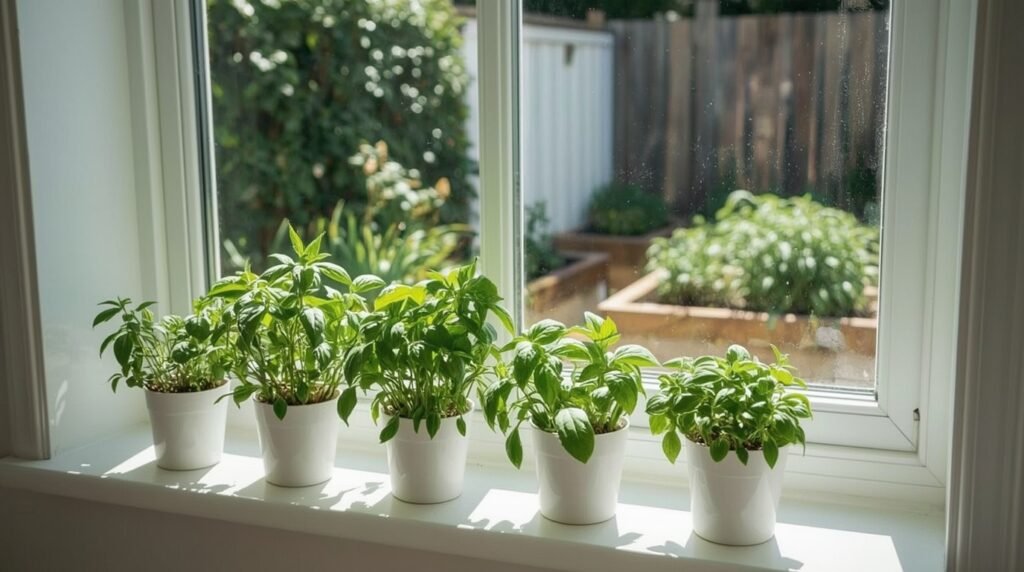
🛒 Recommended Products for Herb Growing
- 🌱 Indoor Herb Garden Kit
- 💡 LED Grow Light Panel
- 🪴 Self-Watering Herb Pots
- 🌿 Organic Potting Soil
- 🌾 Compact Indoor Greenhouse
📌 FAQs About Growing Herbs
Q: Can I grow herbs in water alone?
A: Yes, herbs like mint and basil can grow in water for a few weeks, but long-term growth needs nutrients from soil or hydroponic systems.
Q: How often should I fertilize my herbs?
A: Every 4–6 weeks during active growth. Use half-strength organic liquid fertilizer for indoor herbs.
Q: Why are my herbs not growing indoors?
A: Most likely due to insufficient light or overwatering. Ensure they get enough sun and good drainage.
Ultimate Freedom: Dieting Without Sacrifice (2025)
🌿 Final Thoughts
Learning how to grow culinary herbs indoors and out is a rewarding way to enhance your cooking and your connection to nature. Whether you’re a city dweller with a windowsill or a homeowner with garden space, there’s an herb-growing method for you. Start small, be consistent, and soon you’ll be seasoning meals with homegrown flavor.
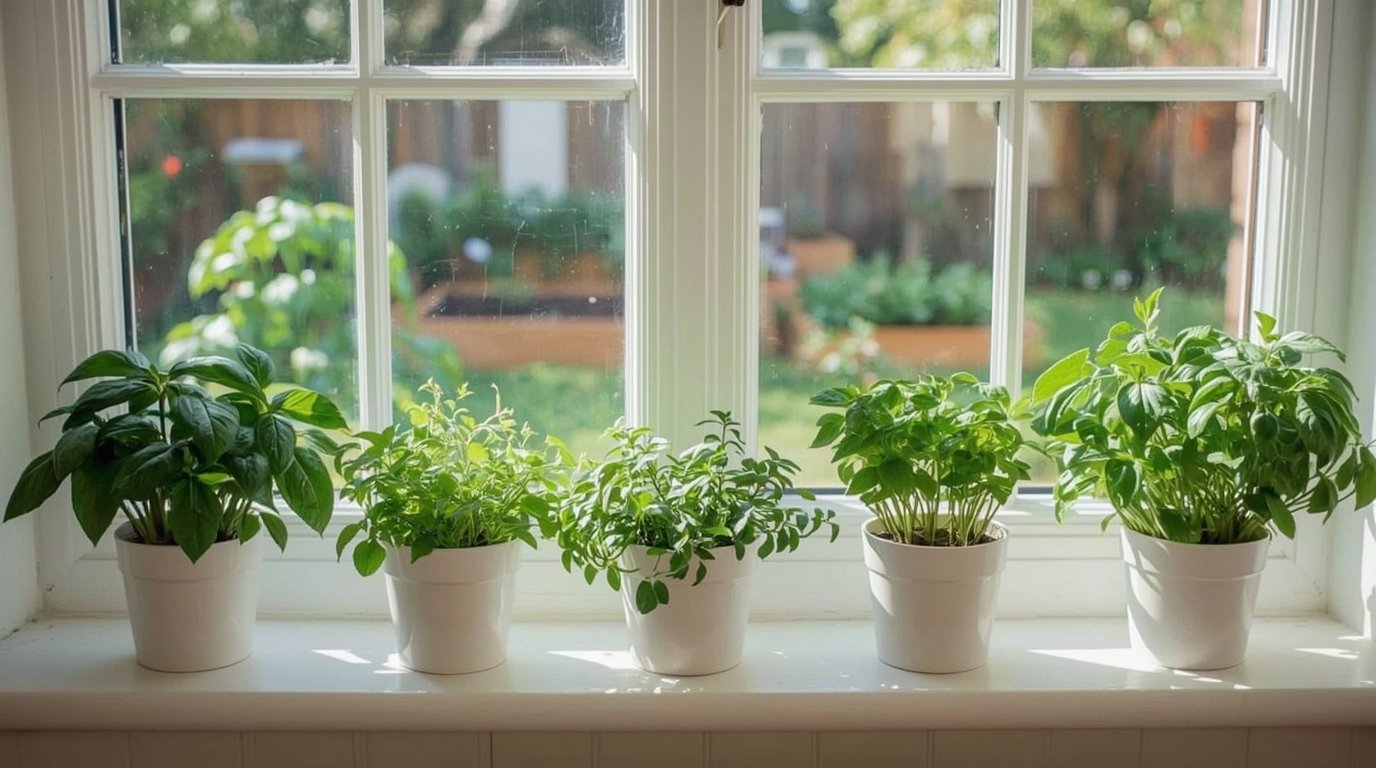





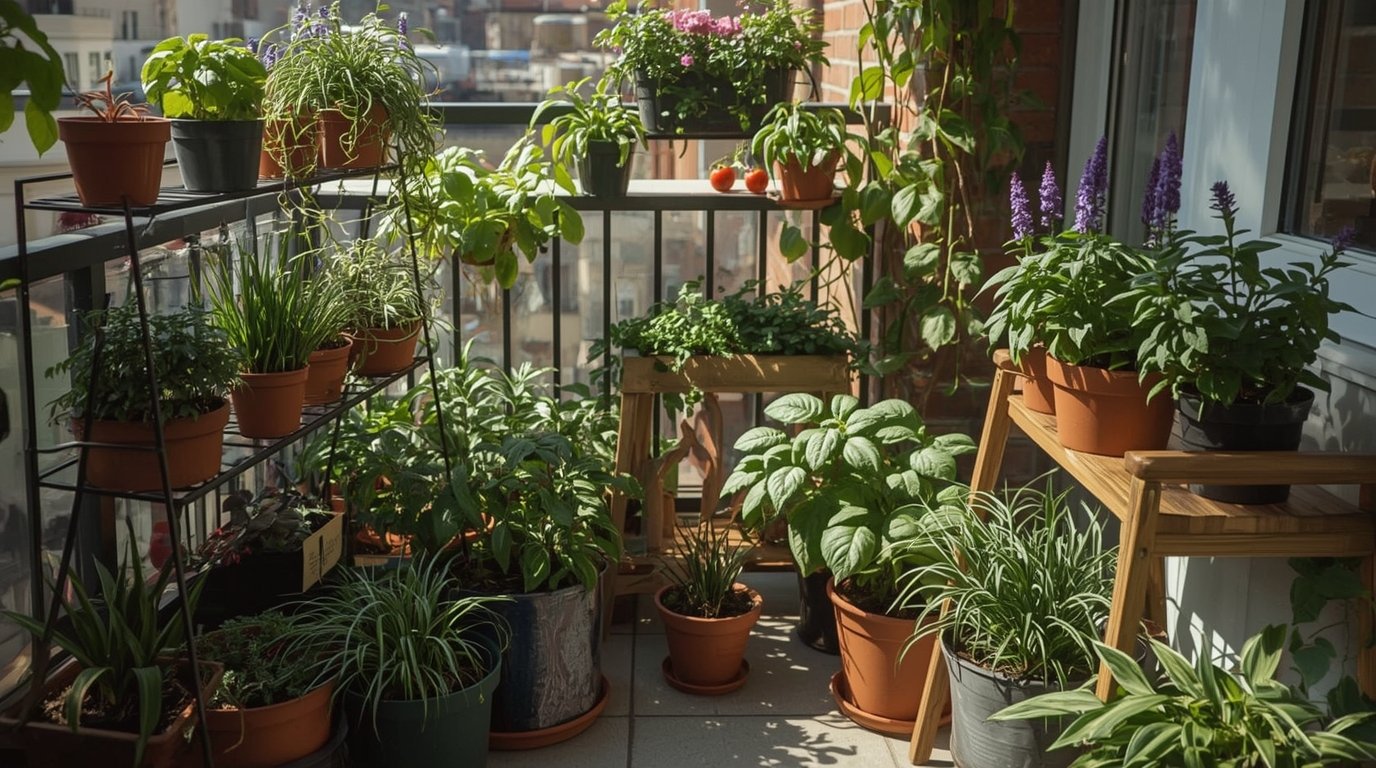
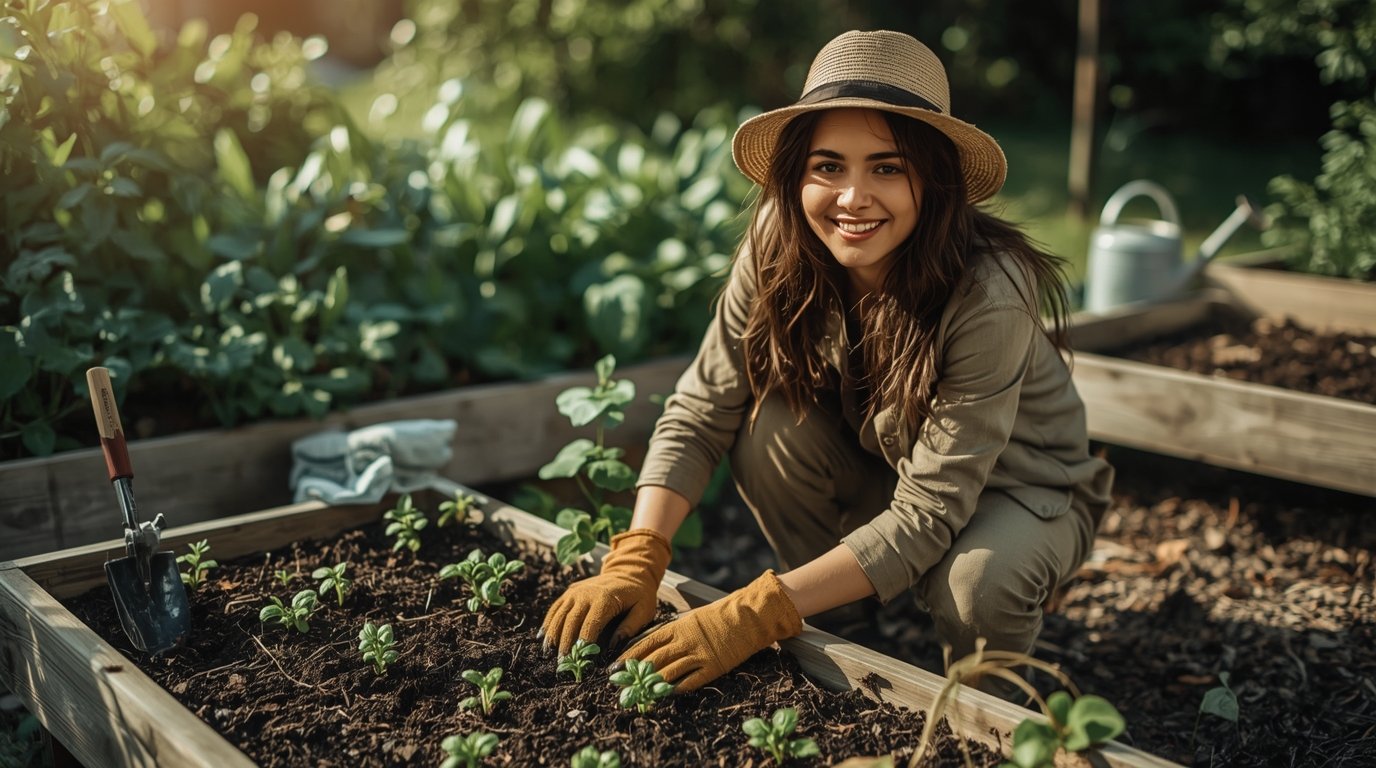

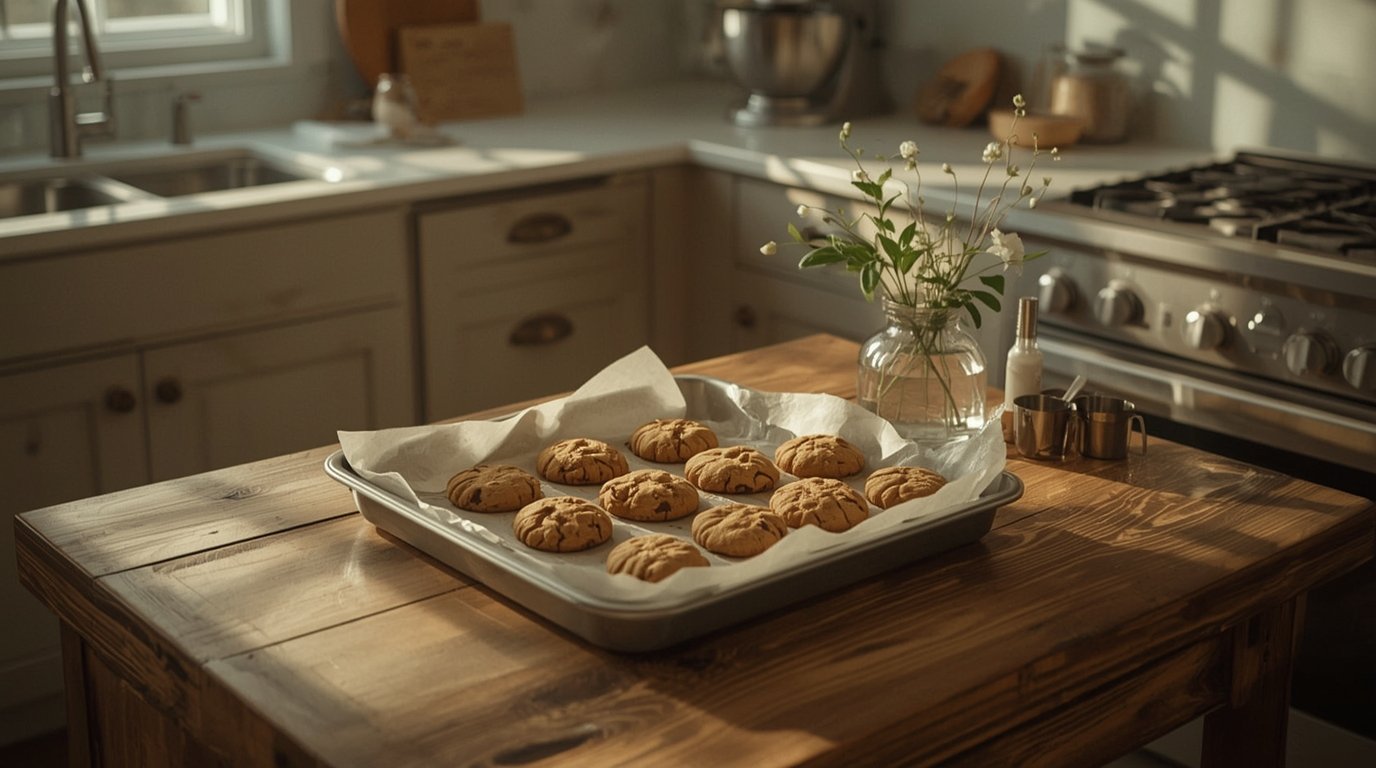
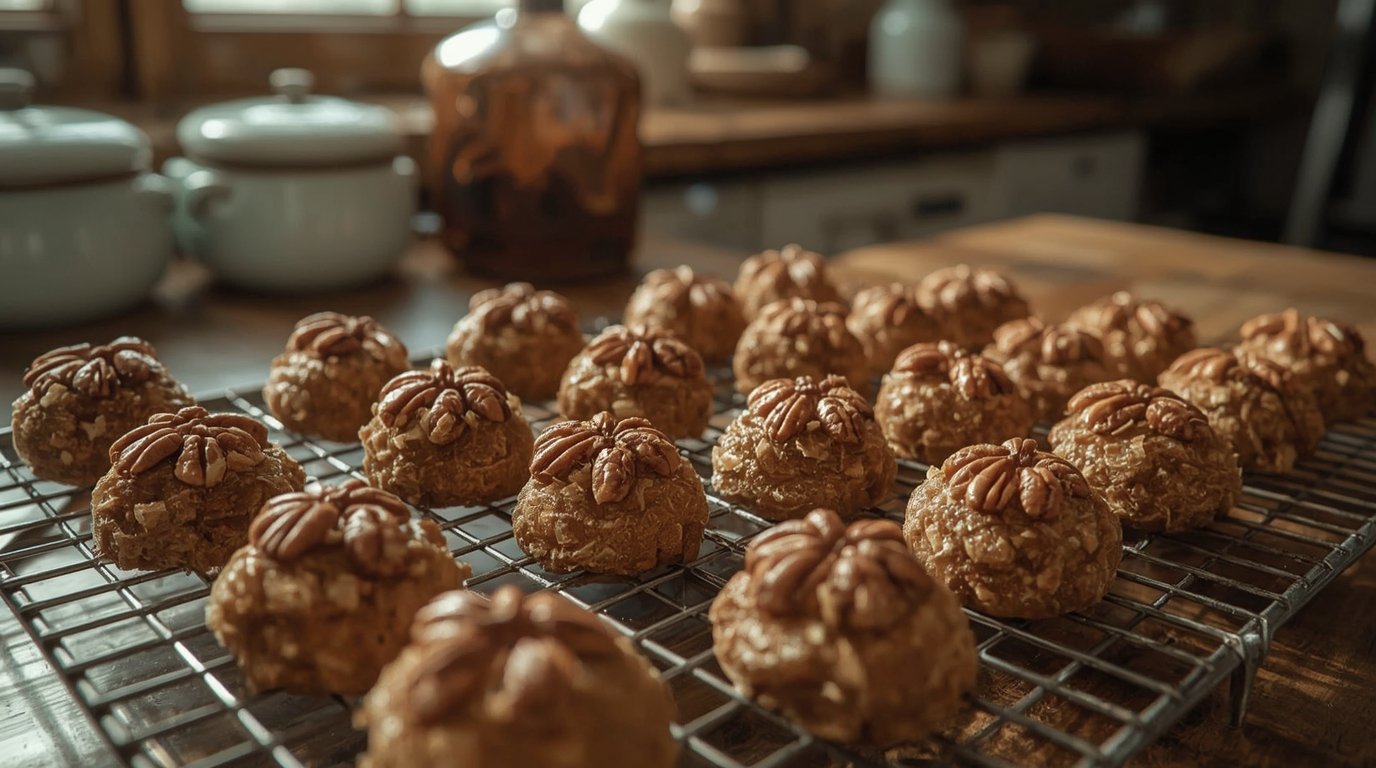

Leave a Reply